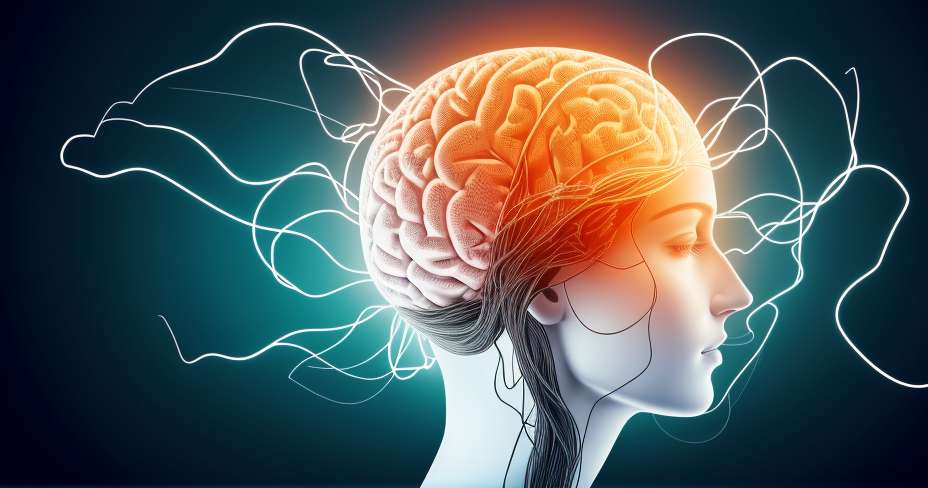Say goodbye to prejudice!
April 2024

Scientists discovered that a genetic variation increases the anxiety to consume nicotine in the brain and vulnerability to develop a Addiction to tobacco and lung cancer. What could mean the discovery of a drug or treatment that can help smokers to eliminate the habit forever, published the journal Nature.
Experiments in rats and mice managed to glimpse the functionality of a gene called CHRN5, possible responsible for nicotine addiction. The gene controls a receiver, the entrance to the surface of the brain, that responds to nicotine molecules.
With a normal version of this gene, even a small amount of nicotine sends a message to the brain that says "stop using it," the specialists found. It's a kind of repulsion reaction similar to when we tried a bad meal.
However, the effect is different if the receiver has a small sub unit known as alpha5, since the repulsion message is never sent. This causes the mice not to have enough of the substance.
Studies in genome of humans have identified genetic alterations that modify the functioning of the alpha5 unit. Between 30 and 35% of the population in the United States is thought to have an alteration in the CHRN5 gene which stimulates the anxiety to obtain more nicotine.
"Individuals with this genetic alteration would have less sensitivity to nicotine and for that reason, it would be easier to develop a habit of nicotine "said Paul J. Kenney , leader of the research at the Scripps Research Institute in Florida, E.U, for the AFP news agency.
The agency said that after the publication of the investigation, Kenney and his team received a fund from the National Institute of Drug Abusefor the investigation of new treatments .